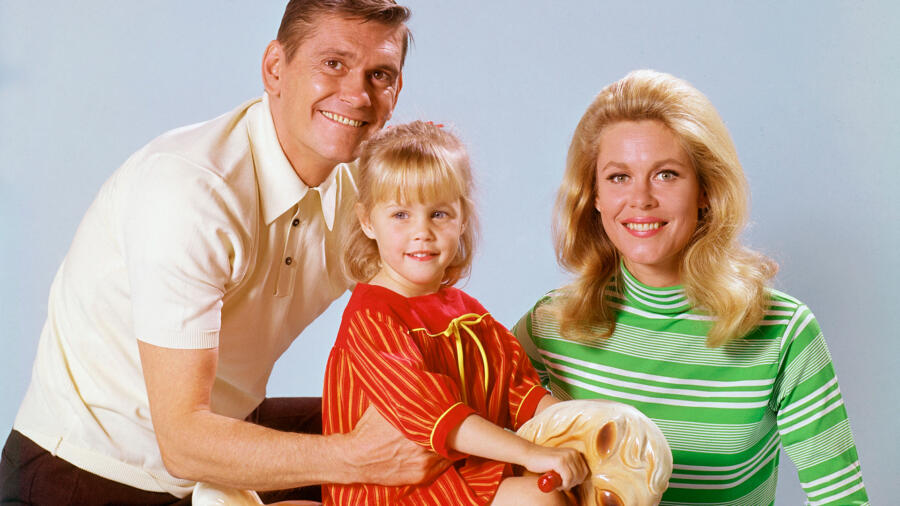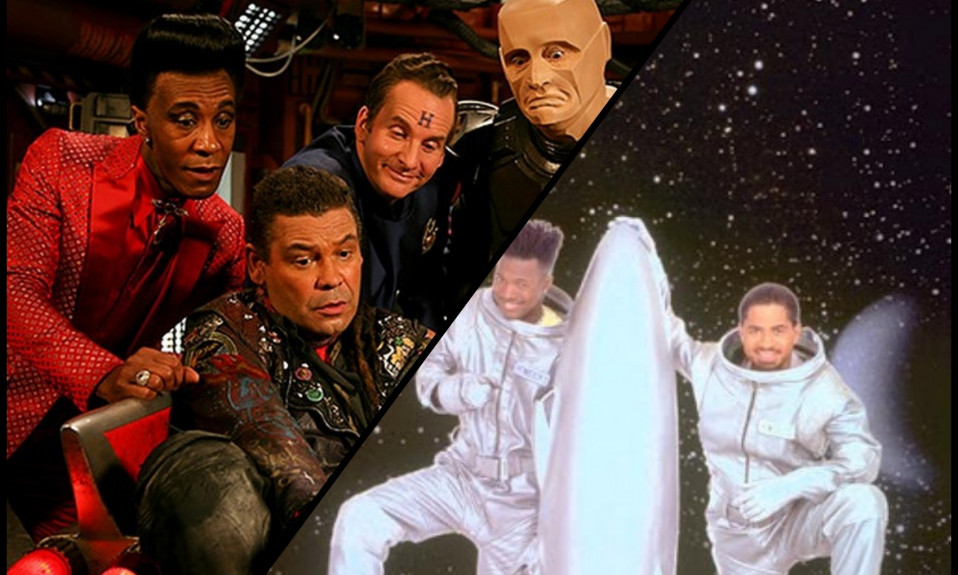American television in the 1960s saw a shift from domestic sitcoms like Leave it to Beaver to fantasy sitcoms like Bewitched and Star Trek. Bewitched was one of the longest-running American fantasy television series of 1960s, producing eight seasons from 1964 to 1972. The show aired its first seventy-four episodes in black-and-white and the last 180 episodes in color, demonstrating that evolution in technology was a magic of its own.
Bewitched tells the story of domestic housewife, Samantha Stephens, who reveals to her husband that she’s a witch. Hilarity ensues as Samantha attempts to live an ordinary life while hiding her extraordinary secret. The show’s humor lies in its ability to find situations for the characters where magic both creates and solves problems. The iconic characters bring the show’s unique premise and humor to life, and make it one of the most memorable sitcoms in history.
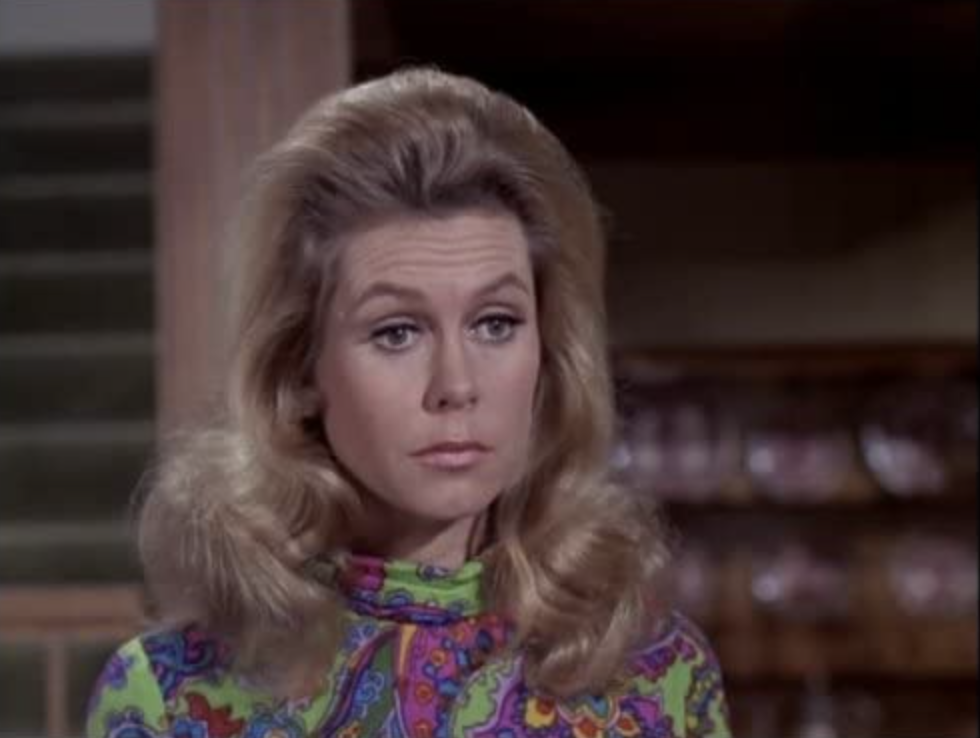
Samantha Stephens
Elizabeth Montgomery’s portrayal of Samantha Stephens, a witch hiding her secret from the mortal world, charmed fans and critics alike during Bewitched’s eight-season run. Montgomery portrays Samantha as a sweet, sensible woman who loves her husband. Despite Samantha’s promise to her husband that she will live as a mortal, she often uses magic, which wreaks havoc. Much of the show’s humor derives from Samantha’s attempts to clean up her magical messes before her secret is uncovered. Although her best intentions often go awry, Samantha is a strong, independent problem-solver who looks for ways to resolve conflicts and stand up for the people she loves. Her signature nose-twitch each time she cast a spell cues the audience that magical hilarity is on the way.
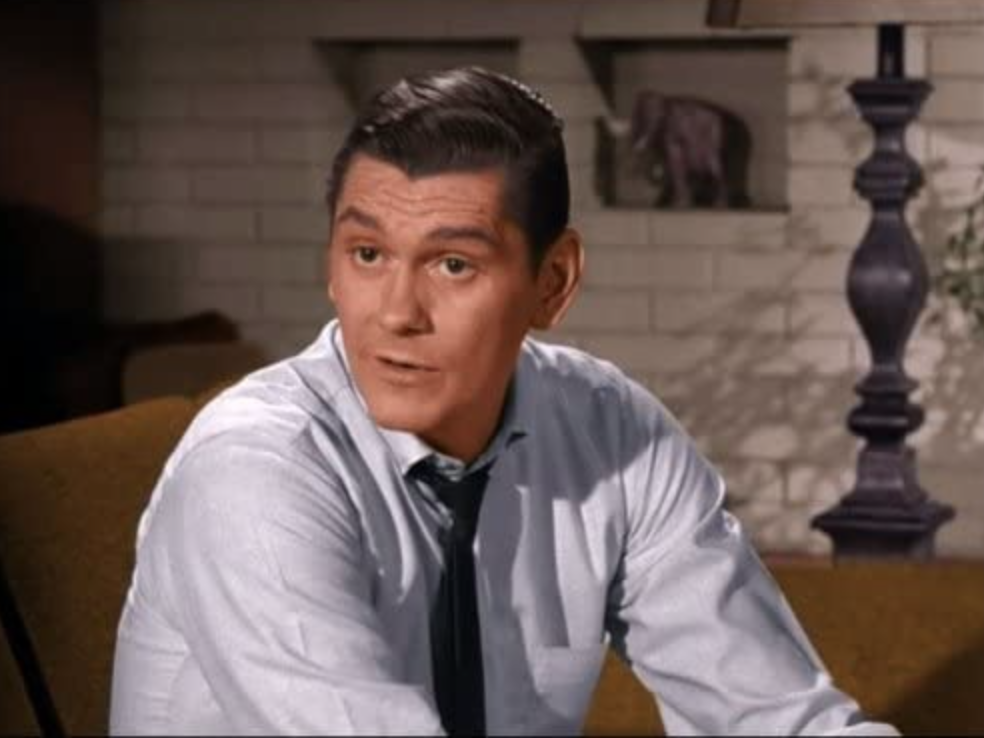
Darrin Stephens
Darrin Stephens is Samantha’s mortal husband, who finds out Samantha’s secret on their honeymoon. Initially shocked by the revelation, Darrin asks his wife to live as a mortal without using magic. Darrin is a loyal husband, and his tolerance for magic and Samantha’s zany relatives relaxes as the series progresses. Darrin works at an advertising firm, where he works hard to hide his wife’s talent for witchcraft from his boss, Larry Tate. Dick York originated the role for seasons one through five but had to leave the show because of health issues. Dick Sargent took over the role in the show’s fifth season until the end of the series.
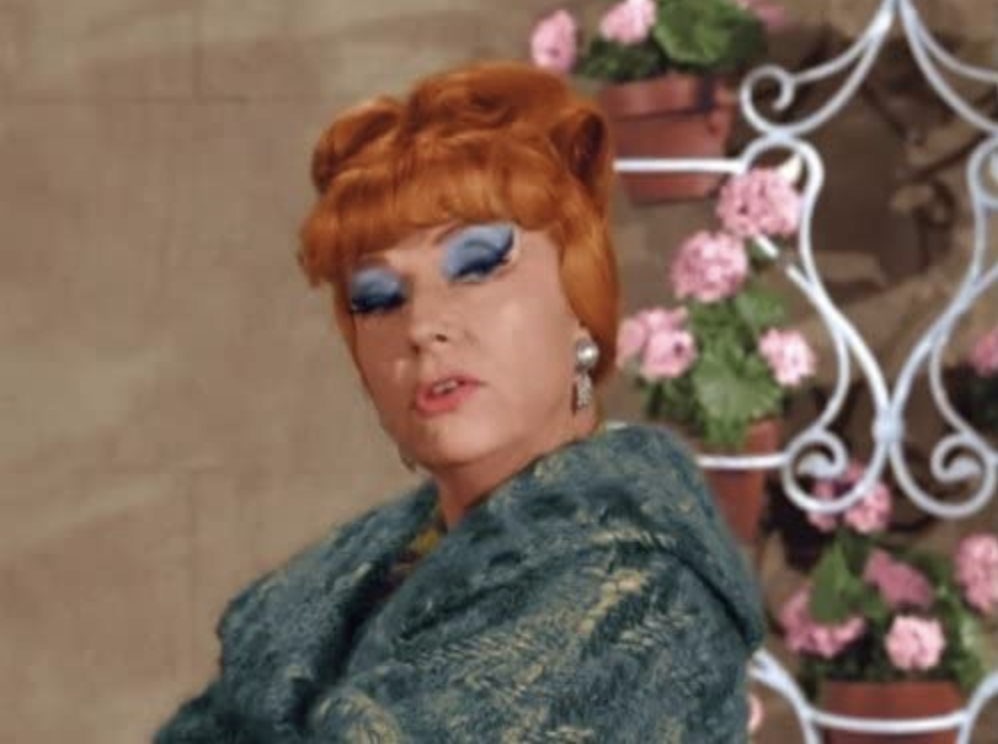
Endora
Endora is Samantha’s mother, portrayed by Hollywood legend, Agnes Moorehead. Endora is a quick-witted, powerful witch with a theatrical personality. Endora dislikes mortals, especially her son-in-law, Darrin. She takes every opportunity to diminish Darrin, often referring to him by names like Darwin and Durwood. Their back-and-forth squabbles provide a lot of the show’s humor. She often notes historical figures she’s met throughout her life, like Julius Caesar and Helen of Troy. Moorehead portrays Endora as a doting mother who adores Samantha, but often meddles in the affairs of mortals with her magic. She bemoans Samantha’s choice to repress her magic and encourages her daughter to embrace her witchcraft.
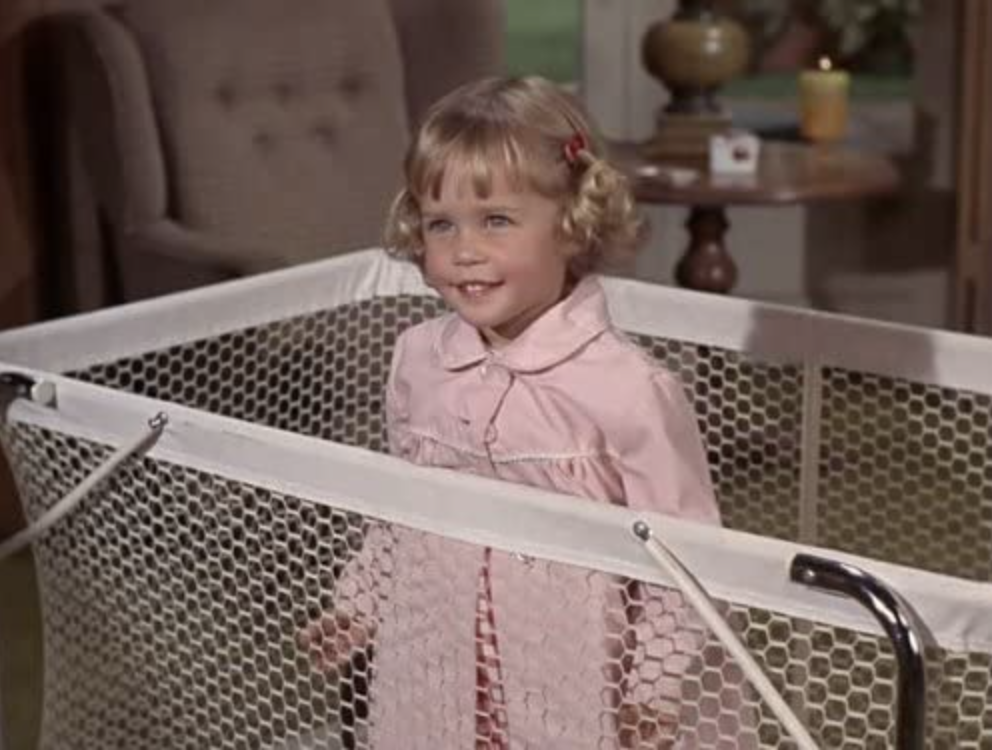
Image: ABC/IMDB
Tabitha Stephens
Tabitha Stephens is Darrin and Samantha’s only daughter. Born during the show’s second season, she displays an early talent for witchcraft, much to Endora’s delight. As Tabitha grows up on the show, she is a strong-willed, playful, empathetic witch. Tabitha enjoys using her magic, much to her father’s chagrin. While several baby actresses shared the role of Tabitha in the show’s early seasons, she is most notably portrayed by Erin Murphy.
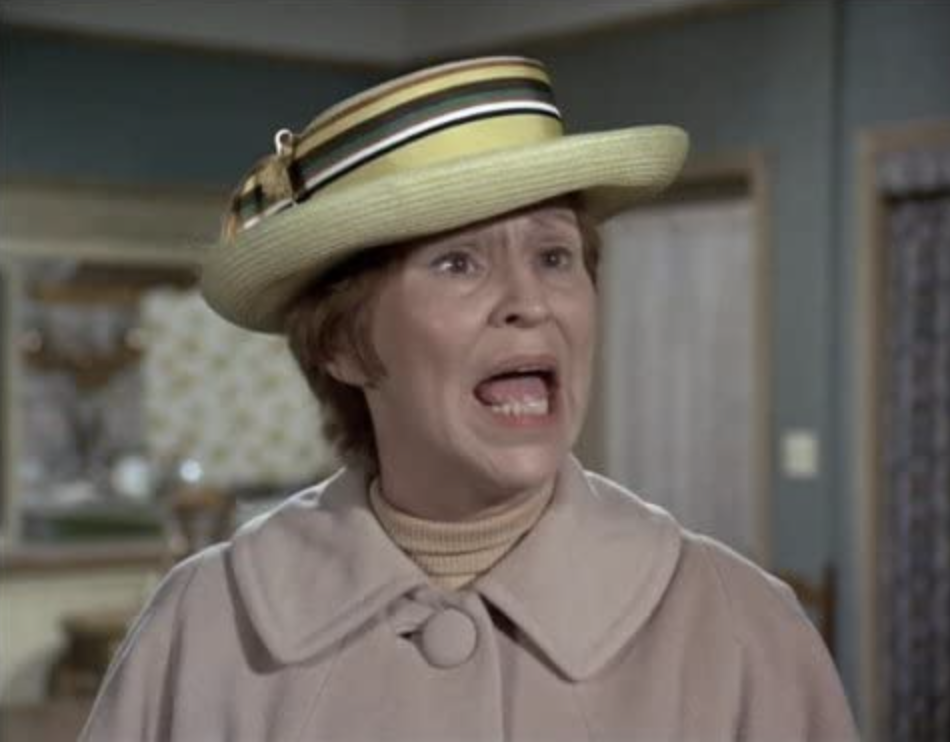
Gladys Kravitz
Gladys Kravitz, portrayed first by Alice Pearce (1964-1966) and later by Sandra Gould (1966-1971) is the Stephens’ nosy neighbor. Gladys constantly peers over her fence, spying on the Stephens. She has suspicions about the Stephens and the strange things she witnesses. Gladys’ husband, Abner, provides a foil to his wife’s extreme nosiness by staying out of his neighbors’ business and criticizing Gladys’ outlandish theories about the Stephens family. Gladys adds to the show’s comedy because she witnesses Samantha’s magic, but no one ever believes her.
Also Read: Why We Are In A (New) Golden Age of Fantasy Television


